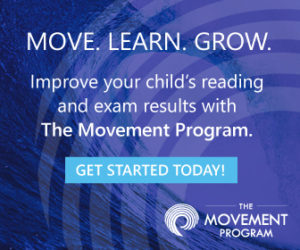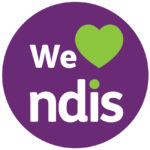At ‘Links to Learning’, we offer a drug-free, non-invasive approach, which can help children and adults with auditory & sensory processing problems, learning difficulties, development delays or those seeking overall improvement or enhancement with brain processing. Hear first hand from these Parents and Children how we helped them.

The Listening Program (TLP)
TLP is a home-based therapy that is a safe, effective, drug-free approach that helps the brain process sensory input more efficiently. This leads to reduced stress, a calmer central nervous system and improved auditory skills that are required to effectively listen, learn, and communicate.
Fast ForWord
Fast ForWord’s language & cognitive enhancement programs accelerate learning and reading. They are based on over 30 years of neuroscience research.
Fast ForWord is scientifically proven to build brain fitness through individualised adaptive computer exercises that develop the memory, attention, processing and sequencing skills necessary for reading and learning.

Neurofeedback
Neurofeedback is a form of biofeedback. What is Biofeedback? It is a simple concept, one with which we are actually very familiar from everyday life. The idea is: If you can sense it, you can change it. Biofeedback uses machinery to extend sensory perception into areas where we would normally be unaware. Normal activities of life depend on sensory feedback, eg. balance, walking, holding objects etc.

The Movement Program
The Movement Programme is a sequence of progressive movements over a twelve-week period. Developed in collaboration between Leigh Academies Trust and Learning Solutions in the United Kingdom, it has been shown to significantly improve reading age and English results as well as balance, coordination, and the inhibition of primitive reflexes.

The Sleep Program
Sleep matters. Lack of sleep comes with a high cost to our ability to learn, our health and safety, and quality of life. Most people don’t get enough sleep.
In the short term, a lack of adequate sleep can affect judgment, mood, ability to learn and retain information, and may increase the risk of serious accidents and injury. In the long term, chronic sleep deprivation may lead to a host of health problems including, diabetes, cardiovascular disease, depression, and obesity.
NDIS participants across Austral ia with self-managed or plan-managed funding can access some of our programs.
ia with self-managed or plan-managed funding can access some of our programs.
If you are unsure whether or not you’ll be able to access this program please contact us.
